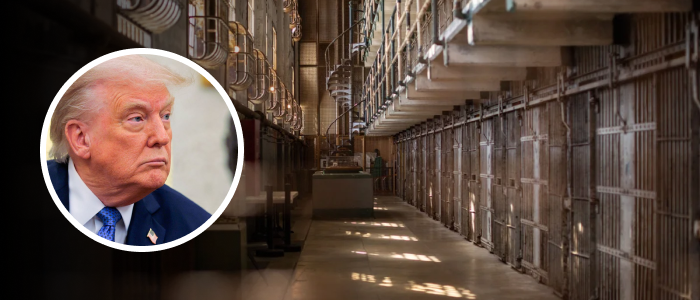Children make up 22% of the U.S. population and 100% of the country’s future.
Pediatricians see this every day. We have the privilege of caring for babies with untold potential, young children with wildly imaginative dreams, and teenagers with visions of their future as doctors, teachers, athletes, service members and more. Those futures are in jeopardy.

The federal government is considering catastrophic cuts in Medicaid funding. Without Medicaid, American children will not be able to access the health care they need to grow and thrive. Medicaid provides health insurance for 30% of children in Maryland and Virginia , and 40% of children in Washington, D.
C. As pediatricians, we see the benefits of Medicaid, and harms from lacking insurance, firsthand. For example, a child who was found to have developmental delays as a toddler was referred for an autism evaluation.
Due to lapses in Medicaid, the evaluation never happened. Now in middle school, this child has missed essential years of therapies to support speech and academic progress. Another example is a newborn whose family experienced delays in Medicaid coverage after the baby was born.
As a toddler they were found to have severe vision issues. During this time of being uninsured, the baby lost the opportunity to learn how to eat or walk safely because they were unable to see. Additionally, a preteen with asthma, whose Medicaid lapsed in the reapplication process, couldn’t access their lifesaving inhalers.
The child experienced dangerous asthma attacks, resulting in preventable visits to the emergency department and many missed days of school. Once they were able to renew Medicaid and obtain their inhalers, they stayed healthy and stayed in school. We fear issues like these will skyrocket with the Medicaid cuts under consideration.
Medicaid benefits whole communities, now and in the future. Children who receive a year of Medicaid coverage , compared to a year uninsured, achieve higher earnings, more hours worked and improved labor productivity over their lives. These workforce benefits increase gross domestic product and overall return on capital investment.
Recent data showed that more than three-quarters of American youth would not qualify for military service due to health issues. Our country’s children need health care access now more than ever. Medicaid enables children to receive the care they need to grow into healthy, successful, adults.
And yet, the House and Senate recently passed a budget blueprint that lays the groundwork for significant cuts to Medicaid funding. These Medicaid cuts will harm child enrollees as well as the pediatric health systems that serve them. Children’s hospitals greatly rely on Medicaid; half of pediatric hospitalizations are covered by Medicaid.
Rural populations experience particular vulnerability to Medicaid funding losses. Without sustainable Medicaid funding, health care institutions that serve children may face workforce shortages, insurmountable operational costs and ultimately closures. Children who receive care in children’s hospitals or clinics across the country, regardless of their individual insurance coverage, may lose the care they need.
Sign up for Viewpoints, an opinion newsletter In early March I joined nearly 400 pediatricians from across the country on Capitol Hill to urge Congress to prevent cuts to Medicaid. We have all cared for children and teenagers who should have limitless potential. We became pediatricians to support children as they grow towards their dreams.
We know that Medicaid is a vital component of building a healthy future for our children and generations to come. We urge all Americans to contact their senators and representatives to share their experiences with Medicaid. We urge Congress to reject cuts to federal funding for Medicaid and prioritize continued investment in children, our country’s future.
Dr. Elizabeth Ireson is a primary care pediatrician in Washington, D.C.
and advocacy co-chair for the D.C. Chapter of the American Academy of Pediatrics.
She cares for children from the District, Maryland and Virginia, more than 75% of whom have Medicaid..
Politics

Column: The future of our children, and our country, relies on Medicaid

Medicaid is a vital component of building a healthy future for our children and generations to come, the American Academy of Pediatrics' Dr. Elizabeth Ireson writes in a guest column.















